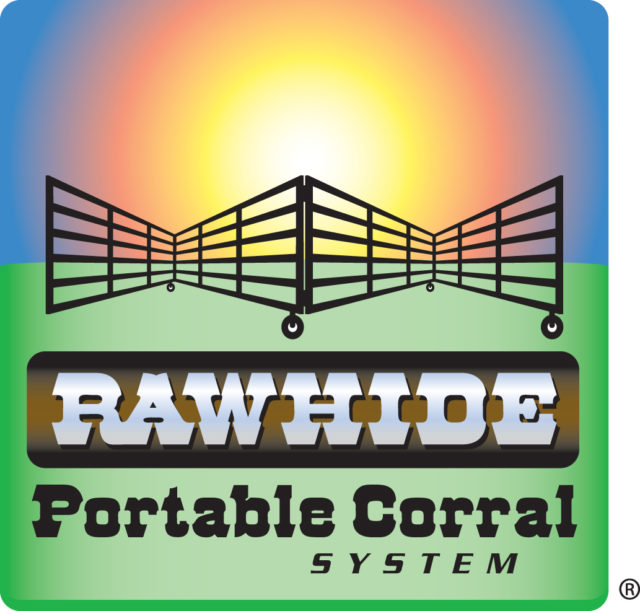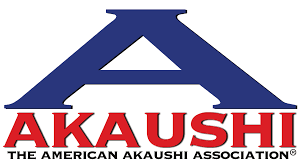Pregnant cows and heifers in the last third of gestation should be limit grazed on winter pastures to prevent larger-than-expected calf birthweights. One approach is to graze spring-calving cows and heifers for about two hours each day. They will quickly learn this routine and are easy to train to come off the winter pasture.
Another option is to graze for one day and feed hay or graze dormant warm-season forages for four to five days before grazing winter pastures again. These limit-grazing approaches can completely replace cubes and other protein and energy supplements.
Pairs can be grazed full time or limit grazed on winter annuals depending on forage availability. If forage is abundant, full-time grazing will result in excellent animal performance at a low cost. The cost per ton of forage produced for winter annuals will vary depending on species planted, seeding rate, fertilization required and forage yield.
 Costs generally range from $35 to $90 per ton of dry forage (i.e., 100 percent dry matter basis).
Costs generally range from $35 to $90 per ton of dry forage (i.e., 100 percent dry matter basis).
A moderate- or high-magnesium mineral (about 5 to 10 percent magnesium for a 4-ounce intake) should be provided to cows grazing winter-annual forages to help prevent potential problems with grass tetany.
Good consistent consumption of the mineral is more important than the amount of magnesium in the supplement. Monitor intake to ensure target consumption levels are obtained because magnesium reduces the palatability of mineral supplements.
While most loose mineral supplements contain salt, some molasses-based mineral tubs do not contain any salt. If this is the case, then salt should be provided along with the mineral tub. Salt is critical for the absorption of magnesium; either a white salt block or loose mixing salt will work.
Grass tetany is not a problem in stocker cattle because of differences in dietary absorption and the ability to mobilize magnesium from body stores compared with cows.
However, inadequate calcium in the diet can limit the performance of stocker cattle and replacement heifers grazing winter forages.
Providing at least an additional 10 grams of calcium per day through either a high-calcium mineral supplement or some other supplement can significantly increase average daily gain (ADG). ![]()

-
Jason Banta
- Associate Professor and Extension Beef Cattle Specialist
- Texas A&M University
- Email Jason Banta







